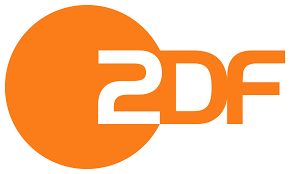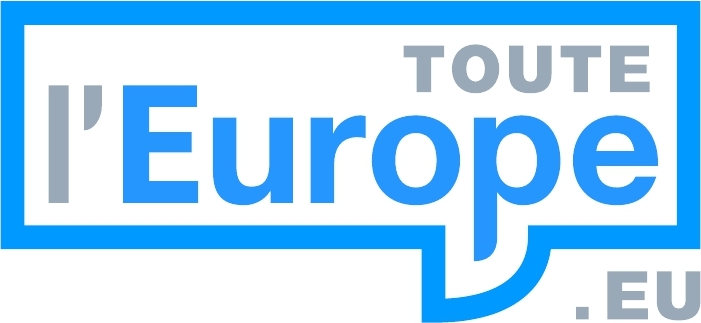Political Systems
At the end of the Cold War, the idea spread that liberal democracy was going to take over the world. In reality, authoritarian regimes have resisted, and political systems remain varied.

Political scientist Barbara Kunz invited to Heute journal
Primary elections of the French conservative party "Les Républicains": analysis by Barbara Kunz.
South African Local Elections 2016. From One Party Dominance to Effective Plural Democracy
The South African political landscape experienced a shock from an unlikely source; the country’s local government elections on August 3, 2016 representing the last tier of government and often overlooked in favour of national and provincial polls.
Calais: French asylum system out of gas or failure of the European asylum policy?
The Calais’ camp demolition operation that has begun on October 24th 2016 is the most significant ever conducted. It follows numerous failed or aborted attempts to dismantle the shanty town and relocalize its inhabitants.
The 2016 German White Paper. The consolidation of the “Munich consensus” and persisting questions
The 2016 White Paper on security policy and the future of the Bundeswehr is testament to Berlin’s declared will to play a more active role internationally, to assume more responsibility and to provide leadership in close concertation with its partners in Europe and the world.


Germany - between 'welcome culture' and the outbursts of xenophobia
The 3rd of October is a national holiday celebrating German unity since 1990. What has the mass arrival of migrants these past years revealed about German society?

Will Germany be ungovernable after the elections in 2017?
One year before the general elections and even if Angela Merkel remains a favourite, the political scene in Germany seems more fragmented than ever.

Germany: populists weaken Angela Merkel
The party Alternative für Deutschland founded only three years ago against the Euro unites Germans against Berlin's open-door policy. And on the eve of new elections, more and more of those that normally don't vote are joining them.
"Angela Merkel betrayed German traditional values according to some conservatives"
Will Angela Merkel still be chancellor in a years' time? Hans Stark gives an overview over the German political landscape. According to him, the rise of the right wing populists and eurosceptics will continue, but won’t hinder the forming of a government coalition.


Is Germany becoming just like the other European countries?
After the recent electoral setbacks for Angela Merkel which saw the party Alternative for Germany (AfD) enter yet another two regional parliaments (Berlin and Mecklenburg-Western Pomerania), is there a possiblity for Germany to become just like the other European countries?
E-mobility: European Energy and Transport Policies at Crossroads
European clean transport policy envisages the development of charging infrastructures for electric vehicles within a European e-mobility framework. After the downturns of the Volkswagen scandal and the prevailing low European carbon price, the EU is bringing forward car passenger transport electrification. This requires new business models based on interoperability.
Support independent French research
Ifri, a foundation recognized as being of public utility, relies largely on private donors – companies and individuals – to guarantee its sustainability and intellectual independence. Through their funding, donors help maintain the Institute's position among the world's leading think tanks. By benefiting from an internationally recognized network and expertise, donors refine their understanding of geopolitical risk and its consequences on global politics and the economy. In 2024, Ifri will support more than 70 French and foreign companies and organizations.













